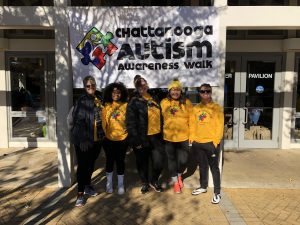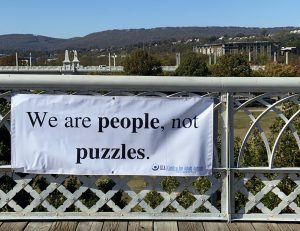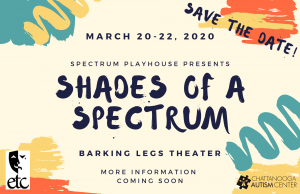Engage Diversity and Difference in Practice.
Diversity and differences are recognized by social workers as experiences that shape and form our identities. Social workers recognize that there is a wide variety of differences among culture, age, color, class, disability, gender, sex, gender identity, sexual orientation, class, marital status, immigration status, political views, race, religion/spirituality, as well as other differences. Social workers strive to understand and learn that these differences may be accompanied by oppression, poverty, marginalization, privilege, power, alienation as well as acclaim. The forms and mechanics of oppression and discrimination are understood by social workers who recognize that these cultural structures and values may marginalize or create privilege for certain individuals.
PRACTICE BEHAVIORS:
2A – Develop and implement strategies that strive to eradicate discrimination in any form.
Academic Evidence: Through my advanced policy class, I was able to work in a group to research, advocate for change, and learn more about Tennessee’s sexual health education laws. This was a semester-long project that allowed us to discover the gaps in Tennesee’s policies as well as the discrimination and need for proper and comprehensive sexual health education. Together we created a Sexual Health Education PowerPoint where we proposed strategies to change this policy and why comprehensive education is needed.
Field Evidence: While at the Chattanooga Autism Center for my practicum, I had the opportunity to be involved with their biggest fundraiser of the year: the Autism Awareness Walk. I helped prep supplies, sorted through old banners with out-dated statistics, created new banners, created a walk team, and participated in the event to raise awareness in the community.


2B – Implement evidence-based and culturally-informed strategies with diverse populations.
Academic Evidence: Working with individuals in and leaving the prison system has always been a passion of mine. I had the opportunity in my second Advanced Administrative class to work on a project that used evidence-based and informed research and strategies with this diverse and overlooked population. This paper focuses on a nonprofit, “Beyond Bars”, that my group of classmates and I created using research and interventions to reach the needs of this population.
Field Evidence: During my time at the Chattanooga Autism Center, I was blessed to be a part of the Spectrum Playhouse committee. This committee strived to break the stereotype of individuals with ASD. As a part of this committee, I was able to participate in the planning and rehearsal of our kickoff event which would incorporate individuals with ASD into theater, met with members of the community to bring awareness and advocate for this population, as well as worked with these individuals from a therapeutic standpoint. Here you can find an email of my involvement as well as a handout I created for our kickoff event.
